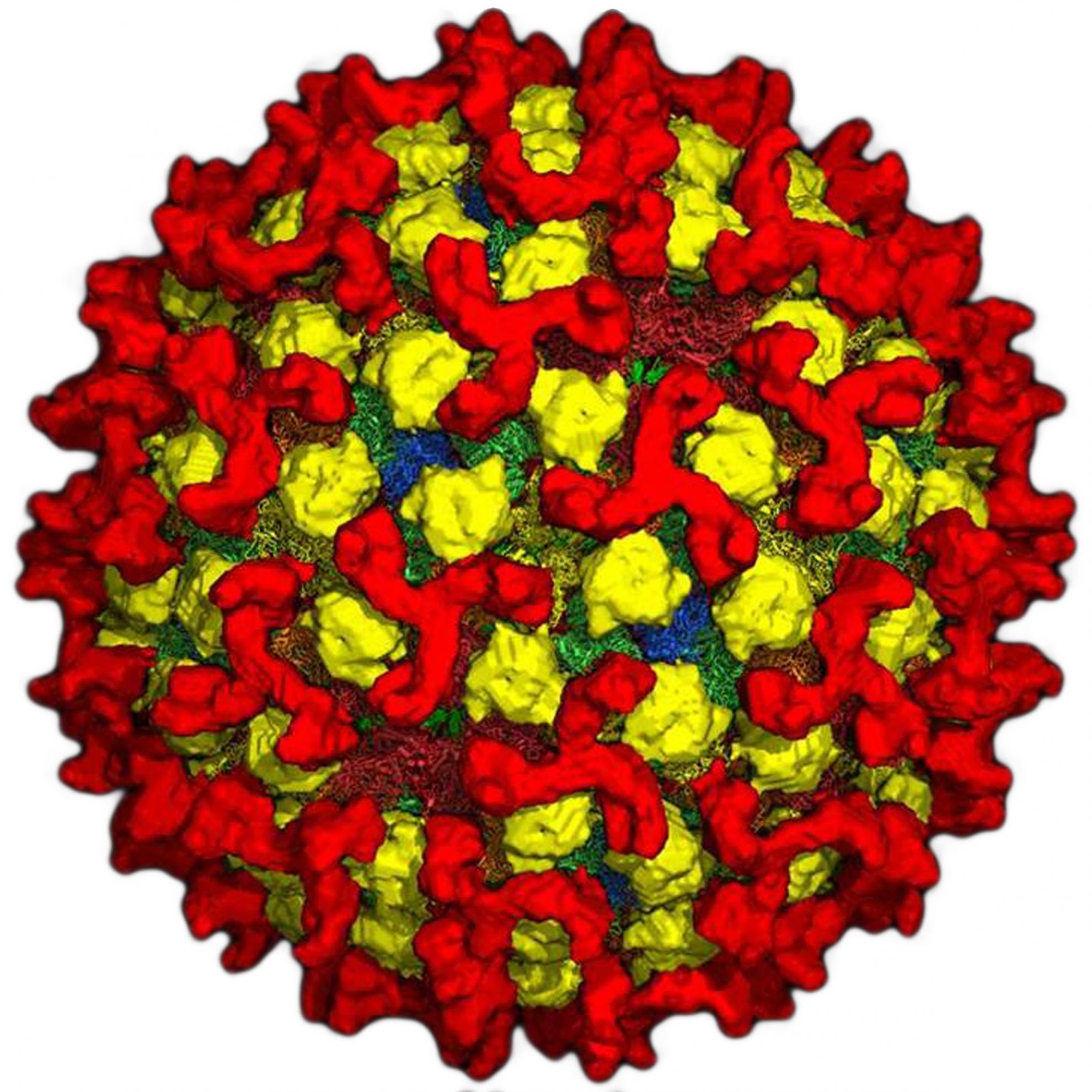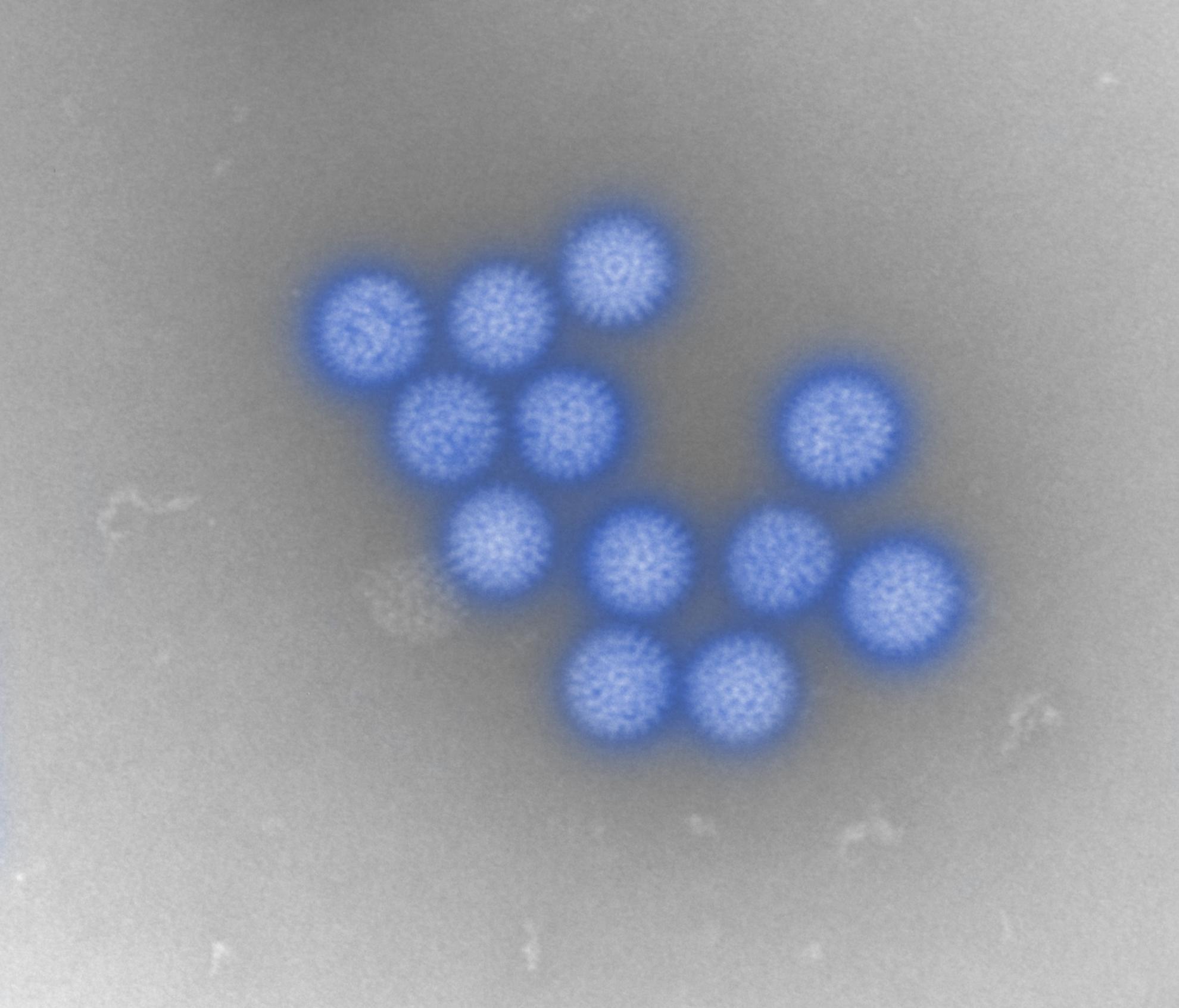Inter-laboratory evaluation of the performance parameters of a lateral flow test device for the detection of bluetongue virus-specific antibodies
Bluetongue (BT) is a viral vector-borne disease affecting domestic and wild ruminants worldwide. In this study, a commercial rapid immuno-chromatographic method or Lateral Flow Test (LFT) device, for the detection of BT virus-specific antibodies in animal serum, was evaluated in an international inter-laboratory proficiency test. The evaluation was done with sera samples of variable background (ruminant species, serotype, field samples, experimental infections, vaccinated animals). The diagnostic sensitivity was 100% (95% C.I. [90.5100]) and the diagnostic specificity was 95.2% (95% C.I. [76.299.9]). The repeatability (accordance) and reproducibility (concordance) were 100% for seropositive samples but were lower for two of the seronegative samples (45% and 89% respectively). The analytical sensitivity, evaluated by testing positive sera at increasing dilutions was better for the BT LFT compared to some commercial ELISAs. Seroconversion of an infected sheep was detected at 4 days post infection. Analytical specificity was impaired by cross-reactions observed with some of the samples seropositive for Epizootic Haemorrhagic Disease Virus (EHDV). The agreement (Cohen's kappa) between the LFT and a commercial BT competitive ELISA was 0.79 (95% CI [0.620.95]). Based on these results, it can be concluded that the BT LFT device is a rapid and sensitive first-line serological test that can be used in the field, especially in areas endemic for the disease where there is a lack of diagnostic facilities.
Back to publications
Publication
Contributors
Hanon J-B, Vandenberge V, Deruelle M, De Leeuw I, De Clercq K, Van Borm S, Koenen F, Liu L, Hoffmann B, Batten C A, Zientara S, Breard E, Van der Stede Y
Year
2016
Journal
Journal of Virological Methods
Volume
228
Pages
140-150
Associated groups

